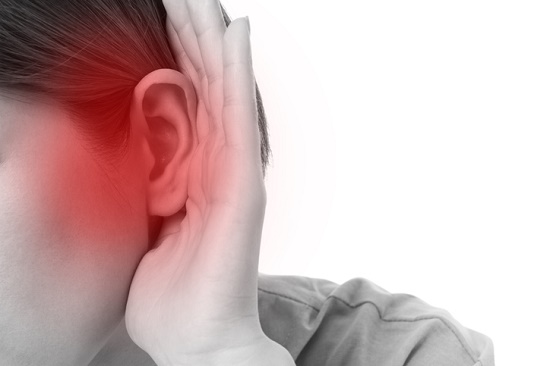
Hearing loss is exclusively a problem for older people, right?
Not exactly. While it’s true that your chances of acquiring hearing loss increase as you age, you can, in truth, develop hearing loss at any age.
As stated by the NIDCD, 26 million Americans age 20 to 69 have high-frequency hearing loss from direct exposure to loud sound at work and during leisure activities. And that includes 1 in 14 generation Xers, age 29-40, who already have hearing loss.
Given that hearing loss can strike at any age, it’s critical to understand the signs as they’re notoriously subtle and tough to detect.
Here are 8 silent signs of hearing loss that should prompt you to get a hearing test.
1. Ringing in the ears
Have you ever come home from a booming live concert and noticed a ringing or buzzing in your ears?
If yes, that means you’ve harmed the nerve cells of hearing in your inner ear. If it’s only taken place a couple of times, the damage is more than likely transient and insignificant. However, continued exposure or one-time direct exposure to very loud sounds could generate irreversible damage and hearing loss.
If you continue to hear ringing in your ears, you should set up a hearing test as this is one of the first signs of hearing damage. And if skipping future concerts is not an option for you, your hearing instrument specialist can help you prevent additional injury with custom-made earplugs.
2. Balance problems
Your hearing and balance are intricately interconnected. In fact, a large part of your ability to remain balanced is due to sophisticated structures within the inner ear.
If you notice that you’ve been more clumsy as of late, the problem may actually be with your ears. In fact, a study by Johns Hopkins University revealed that those with hearing loss were three times more likely to have a history of falling.
3. Memory impairment
Your short-term or working memory is very limited, able to manage only a few items for a short period of time. That means you don’t have time to catch up on missed words during fast moving conversations.
With hearing loss, speech comprehension suffers as you can entirely miss or misinterpret the speaker’s words or statement. This manifests later when you can’t recollect important information.
4. Painful sounds
With hearing loss, you may become excessively sensitive to particular sounds, to the point where they cause pain or discomfort.
The scientific term for this is hyperacusis, and you’ll want to talk with a hearing professional if the issue continues or becomes intolerable.
5. Listening exhaustion
Imagine spending the day trying to determine meaning from half-heard words and phrases and replying to questions you didn’t fully hear. That amount of attention can wear you out fast.
If you discover that you’re far too fatigued at the end of the day, hearing loss may be to blame.
6. Difficulty hearing in groups
Early stage hearing loss typically doesn’t present itself during person-to-person discussions or in tranquil settings. Most often, hearing loss only becomes an issue in the presence of background noise or in group settings.
7. Not hearing alarms or calls
Hearing loss is very often difficult to notice or identify as it builds up little by little each year. In many cases, friends and family members will notice the hearing loss before the person suffering from it does.
But there are some warning signs you can watch for, such as the inability to hear alarms or phone calls, the doorbell, or the television at normal volume.
8. Trouble hearing movie dialogue
With hearing loss, you may have particular difficulty hearing the dialogue in shows and movies. That’s because most cases of hearing loss affect high-frequency sounds to the largest degree, and speech is a high-frequency sound.
It’s never too early to care for your hearing health. If you encounter any of these signs or symptoms, schedule an appointment with your local hearing professional.